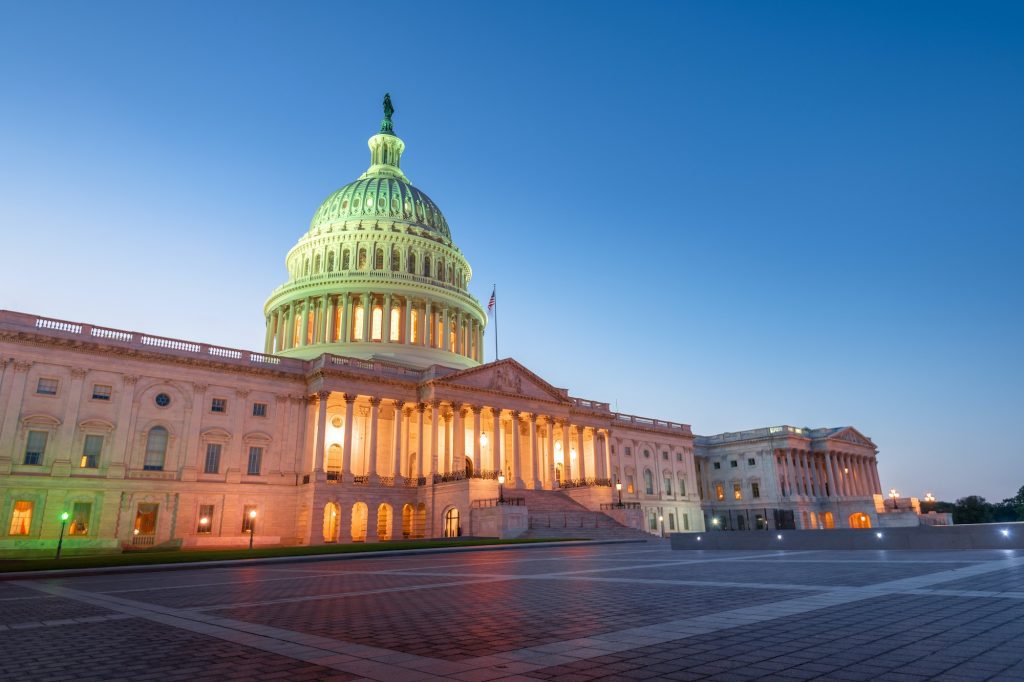
































In 2023, state and local governments in the United States introduced 191 bills related to AI, marking an impressive 440% increase compared to the previous year. These bills encompassed a wide range of AI-related topics, including the oversight of specific AI applications, the establishment of frameworks to govern AI, the creation of inventories to monitor the usage of AI at the state level, and the formation of task forces and committees dedicated to addressing the implementation of AI in government.
Despite this influx of legislative activity, only a small proportion (15%) successfully advanced through at least one legislative chamber, resulting in 14 of them becoming law. States like Connecticut, Florida, Illinois, Louisiana, Minnesota, Montana, Texas, Virginia, and Washington enacted legislation related to AI, while California took a distinctive approach by introducing laws aimed at assessing high-risk AI applications.
Municipalities also played a role in the landscape of AI regulation, with cities such as Boston, Miami, New York City, San Jose, and Seattle implementing rules and guidelines that covered various aspects of AI, including generative AI, automated employment decisions, and impact assessments.
Additionally, there was an increasing interest in AI impact assessments, privacy considerations, transparency enhancements, and addressing issues related to deepfakes within AI legislation. It is expected that local jurisdictions will continue their exploration of AI regulations in 2024, particularly if federal and state governments do not take decisive action. State legislators may look to these municipal initiatives for inspiration as they develop their own AI-related laws and regulations.
The actions of state legislatures in AI regulation are shaping the landscape of AI development and use, with potentially far-reaching consequences for society, privacy, and the economy. The intersection of AI and privacy is a crucial concern. States addressing privacy concerns within AI regulation can set a precedent for future privacy laws. Furthermore, different states are taking varied approaches to AI regulation, leading to a laboratory of ideas. This experimentation can help identify effective regulatory models that other states can adopt or even the federal government.
 Tags quentes :
Inteligência artificial
Legislação e regulamentação
Tags quentes :
Inteligência artificial
Legislação e regulamentação